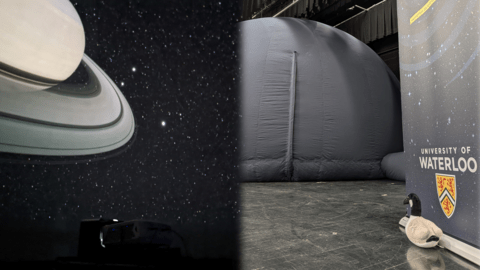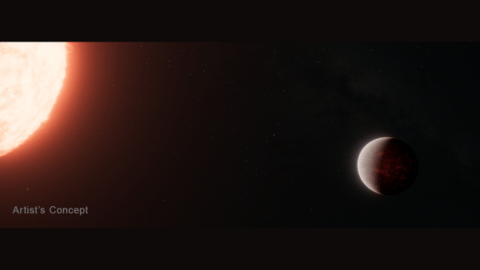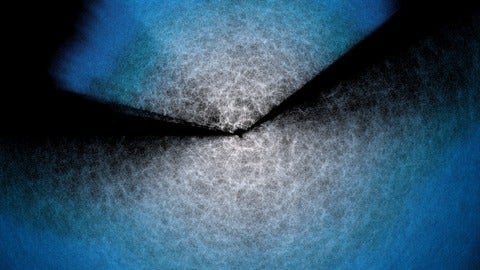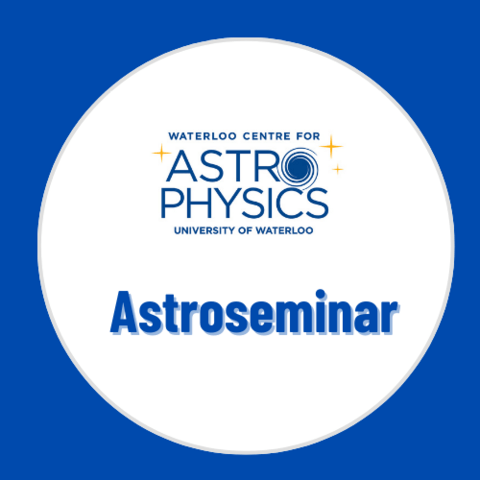...where the Universe is our laboratory.
The Waterloo Centre for Astrophysics (WCA) looks to the cosmos to solve the greatest mysteries of the universe. Here, world-class researchers and students come together in an atmosphere of curiosity, creativity and collaboration; exploring our cosmic origin to truly understand the physical processes at work in the Universe. From black holes to cosmology, we aim to understand what lies beyond the Earth. The possibilities for new discovery are limitless.
News
Astro-Bubble on Tour
In October, three WCA members took the "Astro-Bubble" planetarium on tour, sharing space and astronomy with students and communities across Northern Ontario.
Lava planet defies expectations
Scientists have found a planet that challenges the long-held assumption that lava planets are too hot to sustain an atmosphere. Dr. Lisa Dang, a physics and astronomy professor at the Waterloo Centre for Astrophysics, and her collaborators made this discovery when they found a thick atmosphere around the rocky exoplanet TOI-561 b after flagging it as a planet of interest.
A fresh take on the Hubble constant
In two recently published papers, members of the Waterloo Centre for Astrophysics at the University of Waterloo presented a new measurement of the Hubble parameter using data from the Dark Energy Spectroscopic Instrument (DESI).
Events
Astroseminar - Jamie McCullough
Jamie McCullough is a postdoctoral researcher in observational cosmology at Princeton University, using the measurements of galaxy shapes to trace the large-scale structure of the universe and the growth of that structure with cosmic time.
Astroseminar - Carlos Garcia-Garcia
Dr Carlos Garcia Garcia is a cosmologist working at the interface of data and theory to understand the nature of dark energy. He received his PhD in 2020 from the University of Barcelona and has spent the past five years as a Beecroft Fellow at the University of Oxford. Carlos is active in the Vera C. Rubin Observatory’s Dark Energy Science Collaboration, where he has held different leadership roles, most recently serving as co-convener of the Weak Lensing and Large-Scale Structure working group. He is also a member of Euclid.
Astroseminar - Charles-Édouard Boukaré
Charles-Édouard Boukaré’s research focuses on understanding the deep interior structure and evolution of rocky planets. His work lies at the intersection of earth and planetary sciences, computational fluid mechanics, mineral physics, and high-pressure chemistry.










